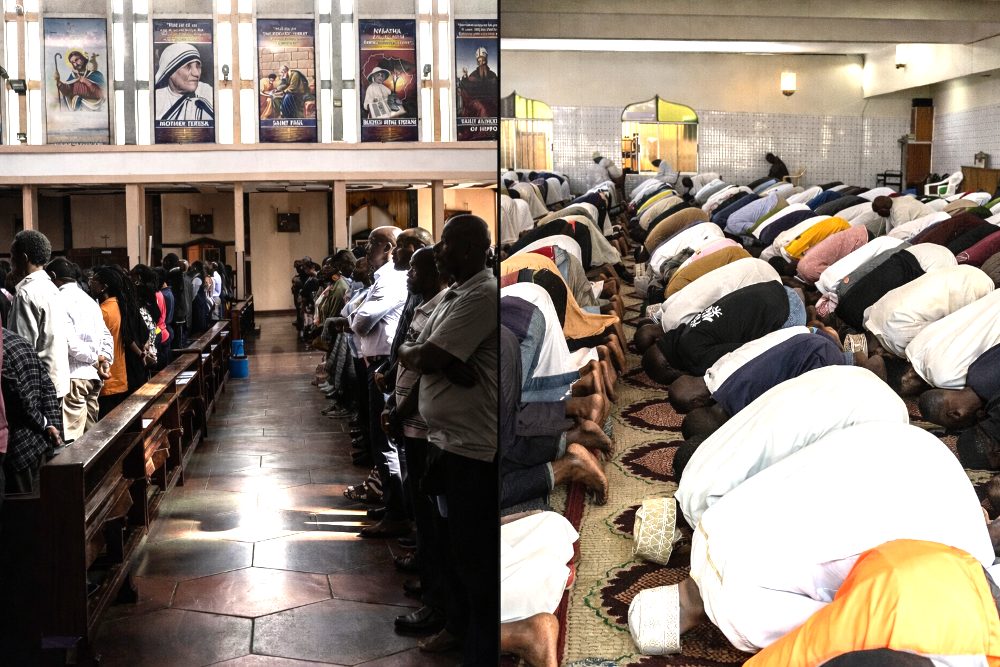During the hearing of the 2022 presidential election petition, lawyers seized the imagination of many Kenyans with their flawless use of English.
Many Kenyans admired the eloquence, poise and confidence with which the lawyers articulated their case before the seven-bench jury of the Supreme Court.
In the young people’s admiration, I discerned three misconceptions.
One, that eloquent use of English is inherent to the judiciary. Two, that lawyers have a special curriculum they study to be articulate in English and three, that the body of knowledge lawyers take to the Courts is essential in legal education and training.
Let’s debunk these misconceptions. Everyone with quality 12 years learning experience in primary and secondary education can have good command of English like the lawyers.
The late Dr. J.G. Kiano, a one-time Minister for Education, observed that general education (primary and secondary education) is more embracing than academic education.
During the second conference on teacher education in 1968, Kiano observed that general education embraces bodies of knowledge in the curriculum judged to be important areas of knowledge which every child should possess.
“This include the bodies of knowledge that encourage mental development, physical development and development of the soul or if you like the mind,” Kiano said.
In a nutshell, primary and secondary education provides the foundation for the intellectual furniture and discipline that post-secondary education, training and experience require to prepare students for citizenship and for work.
Keen observers might have noticed that lawyers and judges harped on the common stock of knowledge and our human heritage in their discourses. We are all familiar with the references, symbolisms, allusions and analogies they invoked. Our familiarity with all these stems from the schooling we had and our expansive reading habits. A lawyer invoked a nursery rhyme most of us recited in childhood, making the proceedings look humanlike and not the majestic like it was thought to be.
We can therefore conclude that the legal system is founded on a cultural heritage which our school system exposes us to. In our early years of education, schools teach us how to read. Reading competence should ideally enable us to read best what has been said about the basis of human civilisations in any period, culture, country and language. This expectation isn’t exclusive to those who opt to study law: it is an empowerment that enables every child to read anything under the sun.
President Abraham Lincoln didn’t have more than a year’s formal education. Tom Mboya didn’t have university education. The great Wartime British Prime Minister, Sir Winston Churchill also didn’t have university education. But the three statesmen had a way with words that put to shame some of university educated people.
While advising judges on how to handle issues with constitutional implications, an American jurist Learned Hand advised them to read works by great writers and not things to do with legal professions.
“It is important to a judge called upon to pass on a question of constitutional law to have at least a bowing acquaintance with Acton , Maitland, Thucydides, Gibbon, Carlyle, Homer, Dante, Shakespeare, Milton, Machiavelli, Montaigne, Rabelais, Plato, Bacon, Hume and Kant as with the books which have been specifically written on the subject.”
Let’s therefore not assume that the refined use of English is inherent to lawyers and judges.
There is so much written communication that flies within and across organizations. The communication address more or less similar tensions, questions or challenges. Institutions thrive on creative tension properly appreciated in writing or in speech to introduce an innovation or stop a practice harmful to the performance, character or reputation of an institution.
Institutions require people who have capacity to use English language on paper and in speech in simple, clear and coherent language.
The same stock of fictional and nonfictional works lawyers read for their general education are the same stock of fictional and nonfictional works educated people read or ought to read.
English, like any language is a tool, a vehicle of communication, of transferring or sharing ideas, thoughts and feelings about a common object of interest. The words we invoke carry human aspirations, needs and fears. They carry values, our sense of duty and justice on one hand and our reprobation of dereliction of duty and injustice on the other hand. Our values, our sense of duty and justice and our reprobation of dereliction of duty and injustice is not the monopoly of lawyers. It belongs to all of us.
By Kennedy Buhere
Kennedy Buhere is a Communications Officer at the Ministry of Education.
Get more stories from our website: Education News
You can also follow our social media pages on Twitter: Education News KE and Facebook: Education News Newspaper for timely updates.






